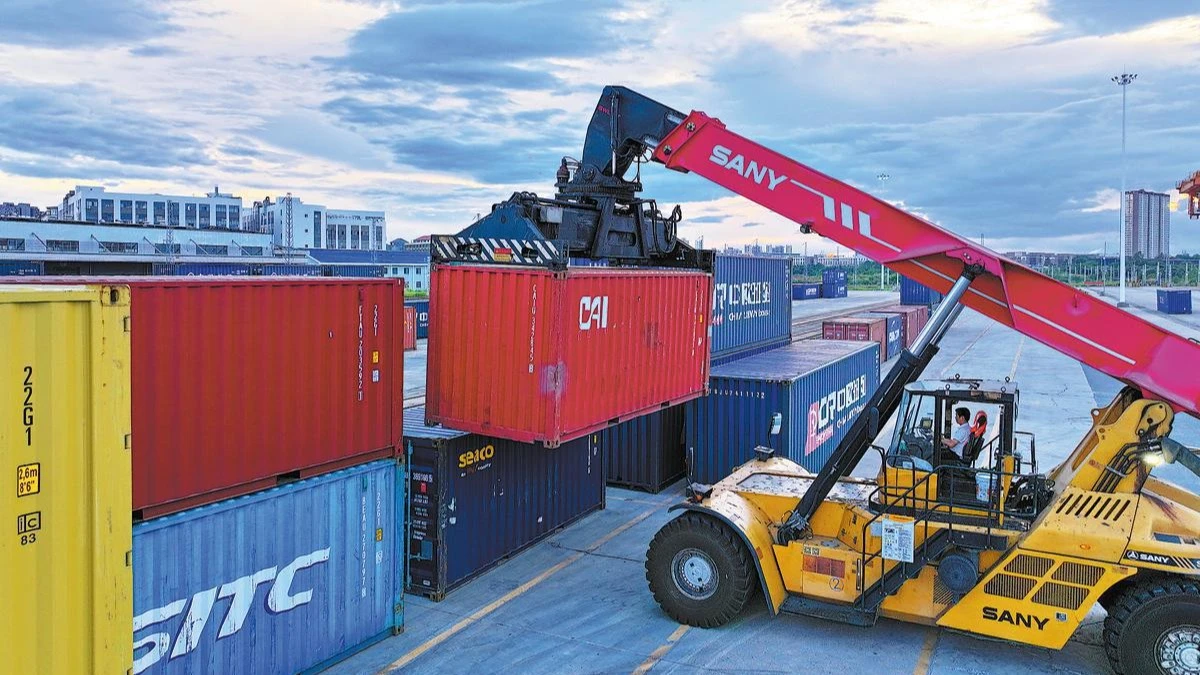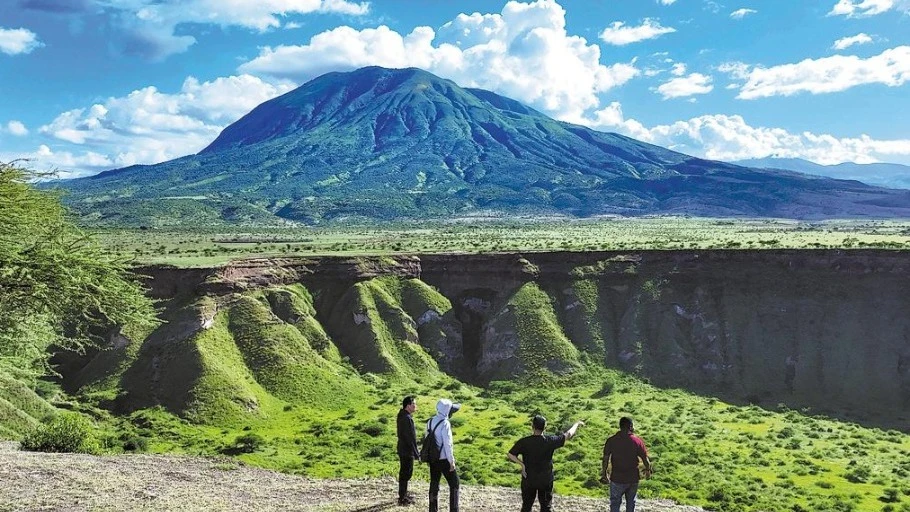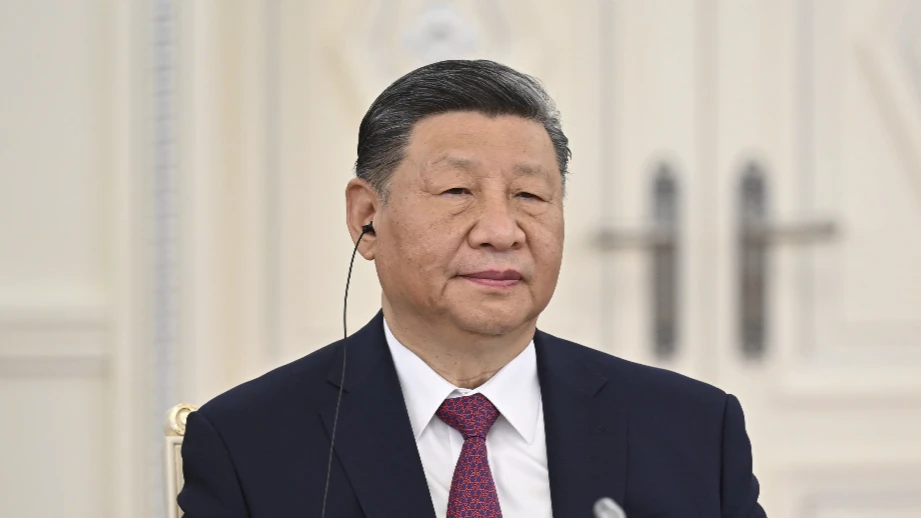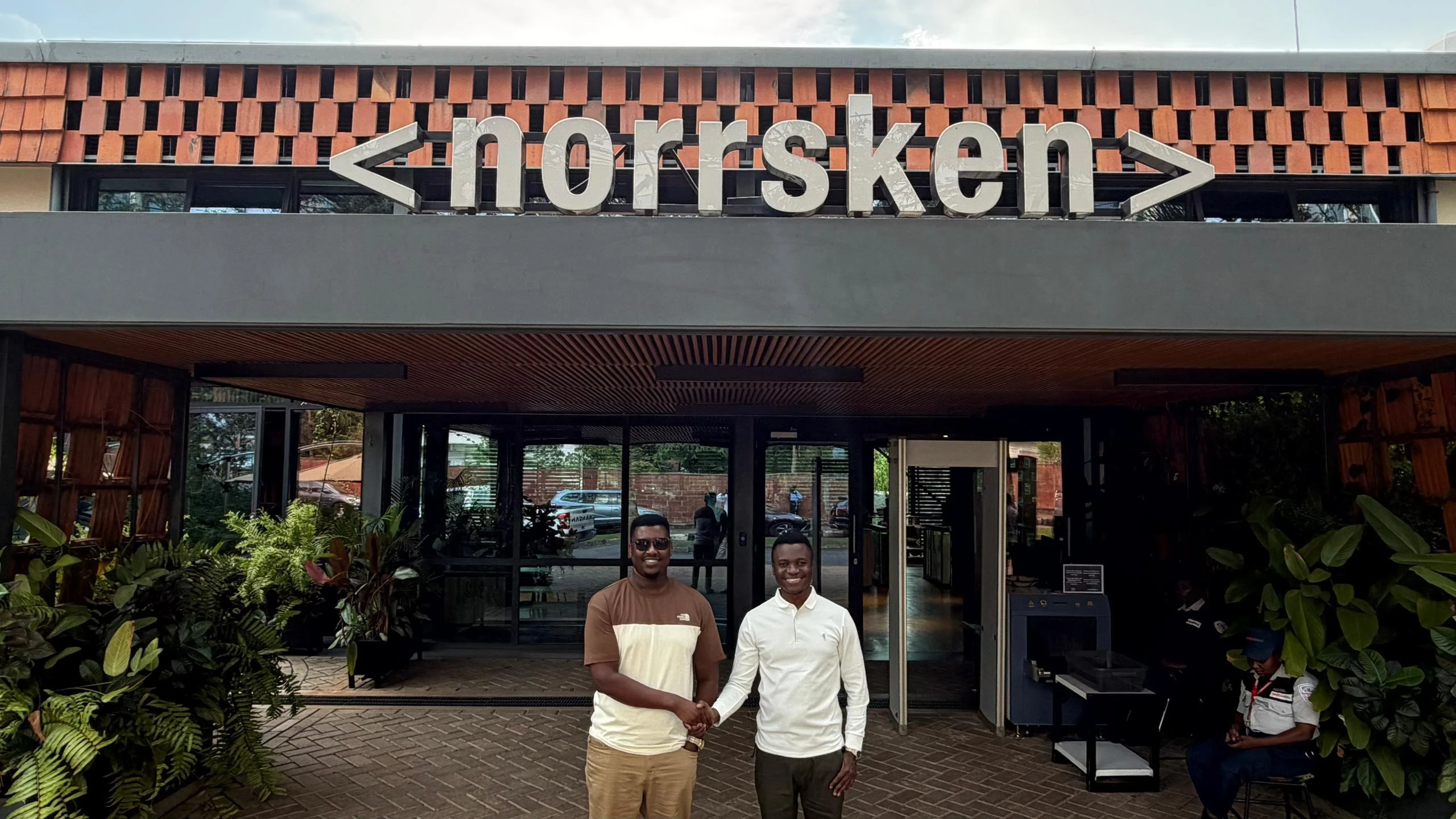Tanzania second in Africa investment resilience ranks

TANZANIA has been ranked the second most investment-resilient economy in Africa, with relatively low risk, making it one of the most attractive destinations for global investors.
The latest Global Investment Risk and Resilience Report published by UK wealth management global firm Henley & Partners, and AlphaGeo, an artificial intelligence spatial analytics firm, shows Tanzania scoring 62.00 percent, narrowly behind Mauritius, which leads the continent with 62.20 percent score.
It placed Tanzania’s total investment risk score at 26.4 percent, while its total resilience score is 50.4 percent. By comparison, Mauritius recorded a total risk score of 26.47 percent and a resilience score of 50.87 percent, similar to an offshore financial haven preferred by investors and depositors.
Resilience is a country’s ability to absorb and adapt to significant changes while safeguarding investments, with higher resilience scores indicating stronger capacity to withstand shocks. Other top-performing African economies include Botswana, Seychelles, Uganda, Cabo Verde, Réunion, Namibia and South Africa, it said.
Surprisingly on the global stage, Tanzania ranks 84 in terms of a reliable investment climate just behind Mauritius pegged at 83 slots, far behind Switzerland (88.42/100), Denmark (85.09), Norway (83.54) and Singapore (83.37), the report indicated.
The global investment risk and resilience index score is calculated by offsetting total resilience score with total risk score, a method balancing the contributions of risk and resilience, scaling the final score from zero to 100, with higher values reflecting better performance.
Dr Christian Kaelin, chairman of Henley & Partners, said in a summary that by combining risk exposure and resilience capacity into a single score, the index identifies for investors, businesses and families the countries best positioned to preserve wealth and generate long-term value. It also provides governments with a benchmark for measuring competitiveness, he stated
Dr Parag Khanna of the London School of Economics and Political Science, also founder and CEO of AlphaGeo, noted that high risk is not always negative if matched by strong resilience, while high resilience can sometimes conceal vulnerabilities, especially in advanced economies facing political or fiscal pressures.
“Adaptation is the new imperative. Societies committed to building resilience through innovation, governance and climate preparedness will attract investment, talent and long-term growth," he asserted.
The G7 economies still demonstrate stability, balancing relatively low risk with strong resilience, with Germany leading this group slotted at 10th globally, supported by climate readiness, economic complexity and innovation, the report noted, highlighting that it is followed by Canada (13th), the UK (23rd), France (29th), the US (32nd), Japan (35th), and Italy (48th).
“These nations illustrate how robust institutions and adaptive capacity underpin global economic influence,’ the UK analyst affirmed, noting that outside the G7, China ranks 49th, categorized as a favourable outlook investment destination.
In the Chinese case moderate risk is mitigated by strong resilience built on investment capacity and innovation while Russia, by contrast, is ranked 94th, classified as high resilience but high risk, due to political instability and regulatory uncertainty, placing it in the cautious potential investment band.
David Young, president of the committee for economic development at the Conference Board, said of the report that resilience is no longer the task of governments alone as it requires partnerships between states, businesses, and societies.
“Nations that align stability with adaptability will not only withstand future shocks but also transform uncertainty into long-term prosperity — the true global resilience dividend," he added.
Top Headlines
© 2025 IPPMEDIA.COM. ALL RIGHTS RESERVED






















